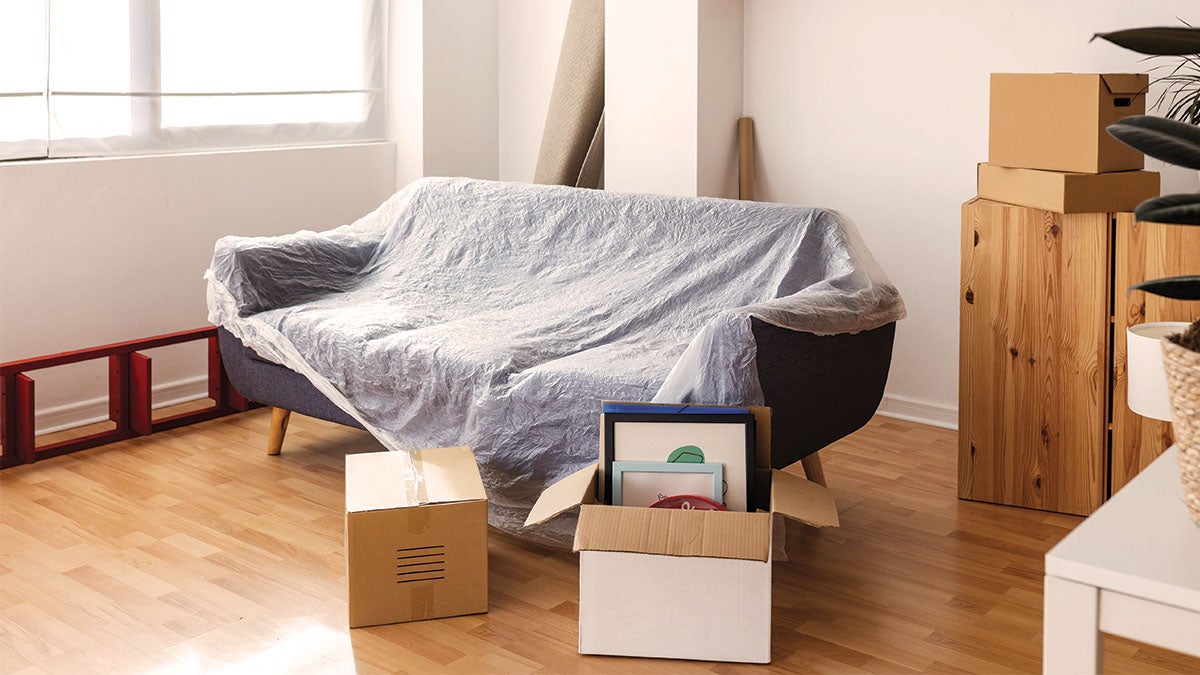Do you have an old mattress lying around your house? Maybe you upgraded to a fancier, comfier option and left your old one gathering dust in the corner of your bedroom. Or perhaps you're moving and can't take your mattress with you. Whatever the reason, the decision to dispose of your old mattress may seem like a no-brainer. But hold on a minute - did you know that mattresses are one of the most difficult items to dispose of properly?
There’s a lot that goes into recycling a mattress and as the industry experts in Junk Removal, we’re here to help answer any questions you may have. Below we'll explore why it's so important to recycle your old mattress and the benefits of recycling that come from doing so.
Mattresses take up a lot of space in landfills
Did you know that mattresses take up a lot of space in landfills? In fact, they're one of the bulkiest items, with the average mattress taking up to 40 cubic feet of space. With millions of mattresses being thrown away every year, it's crucial that we find ways to recycle them and keep them out of landfills.
When you recycle your mattress, it not only helps with landfill overcrowding but also reduces associated costs such as transportation fees and disposal fees.
Mattresses are not biodegradable
A mattress can take anywhere from 80 to 120 years to decompose, which means that a mattress that you throw away today will continue to impact future generations... Some of the materials used to make mattresses can be toxic and pollute soil and groundwater, which can have a long-lasting impact on the planet.
Mattresses release toxins
Mattresses are made of many different types of materials, including foam, cotton, and synthetic fabrics. When these materials break down over time, they can release toxins and volatile organic compounds (VOCs) into the environment. In landfills, these toxins can seep into the ground and eventually contaminate the soil and water. Recycling and upcycling mattress materials can prevent these toxins from being released into the environment, and reduce the risk of contamination.
Recycling mattresses is cost-effective
Recycling your old mattress may seem like an extra expense that you could do without, but in the long run, it can be a cost-effective choice. Disposing of a mattress in a dump can incur a fee, and some cities even fine residents who leave their mattresses out for curbside pickup. On the other hand, many recycling centers will take your mattress for free or for a small fee. Additionally, when mattresses are recycled, the materials can be repurposed into new products, which can save on resources and energy.
Mattress materials can be repurposed and reused
The good news is that we can recycle mattresses! In fact, more than 80% of mattress materials are recyclable, which means that very little goes to waste. For example, the foam in a mattress can be broken down into small pieces and used for making new furniture or insulation for homes. The metal springs from a mattress are melted down and turned into other items such as car parts or even jewelry. The wooden frames can be used as firewood or can be shredded to produce landscaping mulch. Additionally, fabrics from old mattresses can be shredded and turned into stuffing for pillows or blankets.
As you choose to recycle your mattress, not only are you keeping waste out of landfills, but you're also contributing to a more sustainable future.
The mattress recycling industry creates jobs
The mattress recycling industry is growing, which means that there are more and more job opportunities for people looking for work. Recycling mattresses require skilled workers who can dismantle and sort the materials. Recycling centers are often staffed by people who take apart old mattresses and separate out any reusable materials for resale or donation. The growth of mattress recycling facilities means that there will be more demand for workers with these types of skills, which is good news for the economy.
You can Make a difference
Finally, recycling your own mattress can make a difference. If you’re getting rid of an old mattress, don’t just throw it away. Look for local recycling facilities that accept mattresses, or check with the retailer you purchased your new mattress from to see if they offer a take-back program. By taking the extra step to recycle your mattress, you can help protect the environment and make a difference in your community.
Conclusion
Recycling your old mattress is not only good for the environment but also has numerous benefits. By keeping mattresses out of landfills, we reduce waste and pollution all while providing reusable materials for a variety of industries. Recycling mattresses can also create jobs, save money, and contribute to a more sustainable future. So, the next time you're thinking about throwing away your old mattress, consider recycling it instead! It's a small choice that can make a big difference.
If you have more questions on mattress recycling, check out our FAQ blog post.






